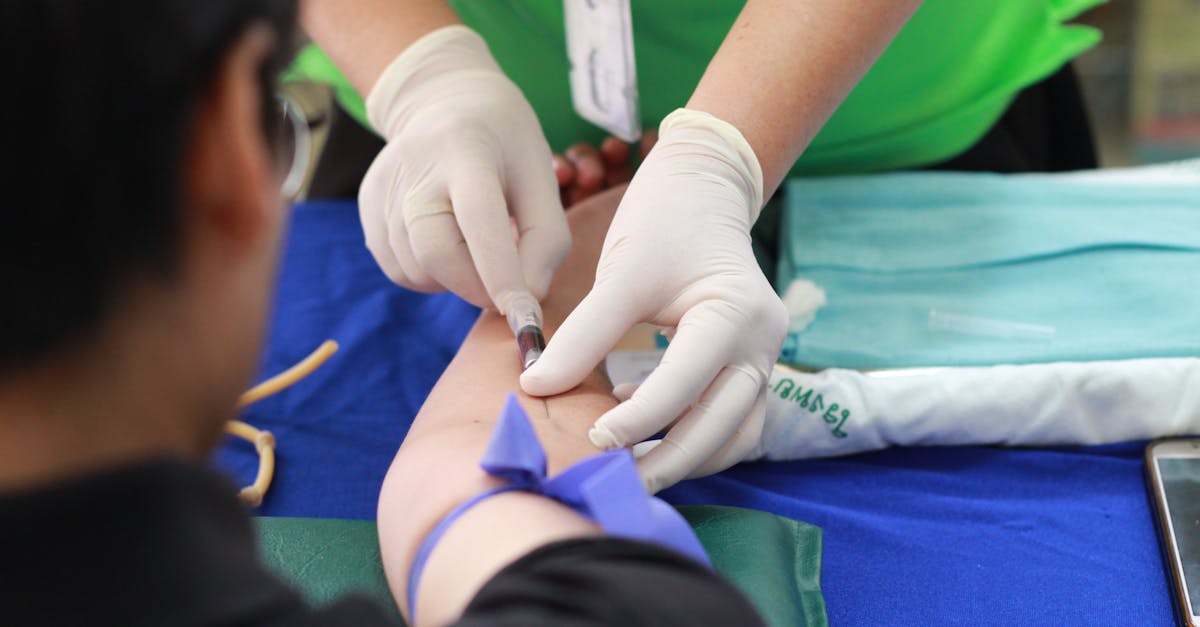Published on:
6 min read
Breathe Easy: Everything You Need to Know About Pneumonia Vaccination
Pneumonia can be a life-threatening illness, but vaccination offers a powerful line of defense. In this post, we’ll explore the importance of pneumonia vaccinations, who should get them, and how they can protect your health.

Understanding Pneumonia and Its Risks
Pneumonia is an infection that inflames the air sacs in one or both lungs, leading to symptoms such as cough, fever, and difficulty breathing. While anyone can develop pneumonia, certain populations are at higher risk, including the very young, the elderly, and individuals with compromised immune systems. The disease can stem from various infectious agents, including bacteria, viruses, and fungi, making understanding its nature and prevention crucial. The serious complications of pneumonia can lead to hospitalization and can even be fatal, especially among vulnerable groups. Recognizing the symptoms early can lead to prompt treatment, enhancing recovery chances. Thus, awareness of pneumonia is the first step toward prevention.
The Role of Vaccinations in Disease Prevention
Vaccinations play a critical role in preventing infectious diseases like pneumonia. The two main types of vaccines that protect against pneumonia are the pneumococcal vaccines: PCV13 and PPSV23. PCV13 protects against 13 strains of pneumonia-causing bacteria, whereas PPSV23 protects against 23 strains. These vaccines stimulate the immune system, allowing your body to fight off infections effectively. CDC guidelines recommend that children under 2 years, adults over 65, and individuals with certain chronic health conditions receive these vaccines. Additionally, staying updated with vaccinations not only helps protect the individual but also contributes to community immunity, lowering the overall rate of pneumonia cases. This communal aspect underscores the vital importance of vaccination in public health.
Who Should Get the Pneumonia Vaccine?
Determining who should receive the pneumonia vaccine involves assessing risk factors. The Centers for Disease Control and Prevention (CDC) recommend the pneumococcal vaccine for children under 2, adults over 65, and individuals with chronic conditions such as asthma, diabetes, heart disease, or weakened immune systems. Parents should also discuss vaccination with their pediatricians to ensure their children are protected, especially before flu season peaks. It's essential to consult with healthcare professionals who can provide personalized recommendations based on medical history and conditions. Additionally, individuals traveling to high-risk regions or those in close contact with vulnerable populations should consider vaccination. Staying informed and proactive about these vaccines can significantly lower your risk of severe pneumonia.
Conclusion: The Importance of Taking Action
In summary, pneumonia vaccination is an essential measure to protect against a potentially serious disease. Understanding the risks, the role of vaccines, and the recommendations for different age groups or health conditions will greatly aid in reducing the incidence of pneumonia. By taking action and staying informed, you not only protect yourself but also help safeguard your loved ones and community. Don't hesitate to consult health professionals to ensure you're up to date on your vaccinations for a healthier future!
Published on .
Share now!










